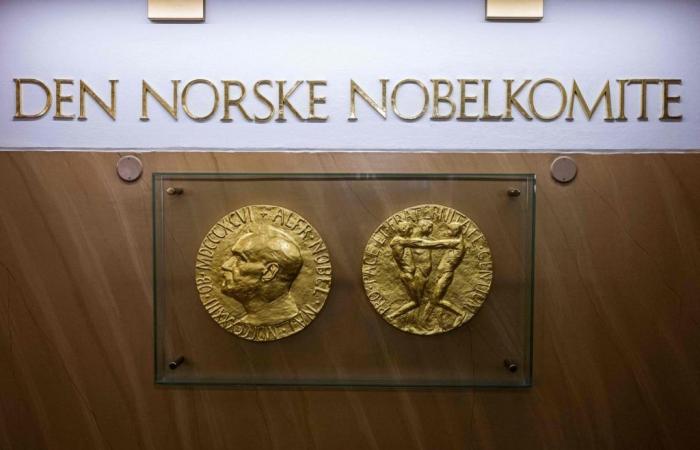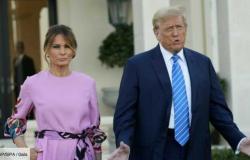Awarded since 1901, the Nobels reward the “benefactors of humanity”, a promise that comes to collide with the din of a year marked by wars in the Middle East and Ukraine. The award for medicine or physiology awarded around 11:30 a.m. in Stockholm will open the week.
Who are the favorites?
The name of American biologist Kevan Shokat tops the list of favorites on Swedish radio SR for his work on mutations in the KRAS gene which causes the proliferation of cells and can lead to difficult-to-treat cancers of the lung, colon and pancreatic tumors. “Thanks to his discovery, new treatments are currently being tested for these cancers,” emphasizes Annika Östmann, radio science journalist.
The search for treatments for cardiovascular diseases could be rewarded with the work of geneticists Jonathan C. Cohen and Helen Hobbs. The two researchers identified genes regulating the metabolism of essential lipids such as cholesterol, estimates David Pendlebury, who heads the Clarivate firm. “Their discoveries led to the development of cholesterol-lowering drugs,” emphasizes David Pendlebury. Clarivate relies on the inventory of the most cited studies in scientific articles to target its favorites.
Helen Hobbs won the Breakthrough Prize in 2016, a scientific prize launched by Silicon Valley entrepreneurs in the 2010s. The Clarivate expert also cites the work of neuroscientists Ann M. Graybiel, Okihide Hikosaka and Wolfram Schultz on the mechanisms neurons that guide our behavior. Research on epigenetics, embodied by the work of Davor Solter and Azim Surani on the mechanisms within cells controlling gene activity without modification of DNA, could also be highlighted, according to him.
Last year, the Nobel Prize in Medicine recognized the advances of Hungarian researcher Katalin Kariko and her American colleague Drew Weissman in the development of messenger RNA vaccines, decisive in the fight against Covid-19.
Microscope of the infinitely small
For the Nobel Prize in physics on Tuesday, specialists from Swedish public radio cite Swiss physicist Christoph Gerber, pioneer in the development of the atomic force microscope. “This is a microscope that provides three-dimensional images at such an incredibly small level that it sometimes reaches atomic resolution,” emphasizes Camilla Widebeck of SR. The tool has become crucial in the field of nanotechnology and nanoscience, she adds.
The name of Gerber also comes up in the anticipations of the Clarivate firm, which also mentions the work of David Deutsch and Peter W. Shor on quantum algorithms.
For Wednesday’s Nobel Prize in Chemistry, NR radio’s Lars Bröstrom cites US-based biologist Omar Yaghi and his work on metal-organic networks (MORs) and their porous properties for absorbing dangerous gases. Karl Deisseroth, psychiatrist and specialist in bioengineering, could also be consecrated by the Nobel committee. The researcher has invested in the field of optogenetics, which makes neurons sensitive to light. Under his leadership, researchers have managed to make a mouse brain completely transparent to see what is happening there.
Chinese author Can Xue for literature?
Awarded on October 10, the Nobel Prize for Literature, one of the flagship prizes alongside the Nobel Peace Prize, is, like every year, the subject of speculation. The Chinese avant-garde author Can Xue, often compared to Kafka for the unreal and dark atmosphere which permeates her novels and short stories, is frequently cited by literary critics.
“I think it will be a woman from a non-European linguistic region,” predicts Björn Wiman, head of the cultural department of the daily Dagens Nyheter.
A puzzle for the Nobel Peace Prize
Highlight of the week, the Nobel Peace Prize, awarded on Friday October 11, has never been so difficult to predict, as disasters multiply on the planet. The UN agency for Palestinian refugees (UNRWA), the International Court of Justice (ICJ) and the name of the Afghan Mahbouba Seraj, a fervent advocate for the rights of Afghan women, are cited among those eligible for the Nobel Prize.
Faced with the existential risk that weapons systems capable of operating autonomously without human control represent for Humanity, several experts also cite the coalition of non-governmental organizations Stop Killer Robots as a possible winner.






